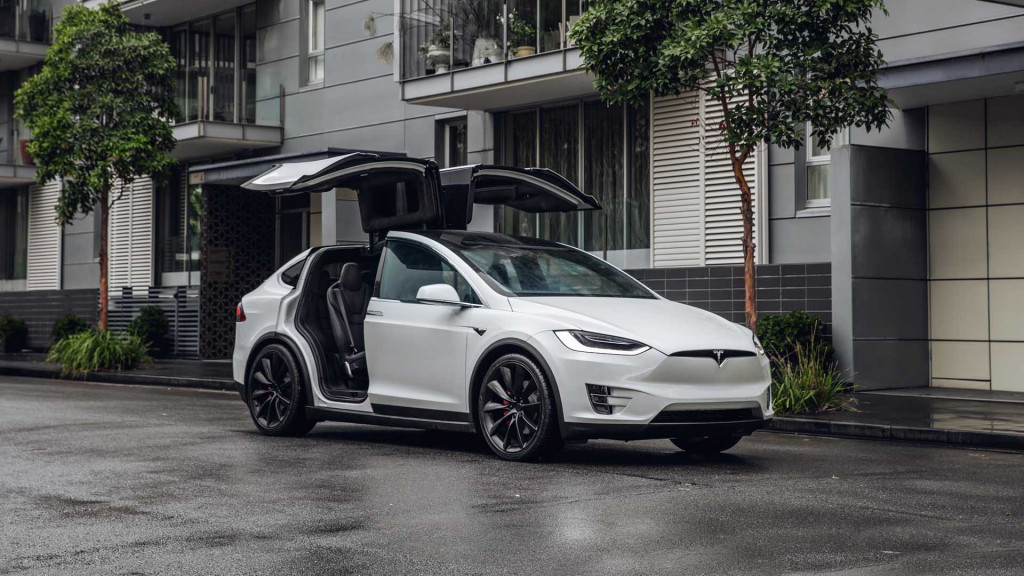One good reason to buy an electric car is to save money on fuel, so will low gas prices slow down Tesla sales?
Wall Street, it seems, says "no."
In a recent Barron's article, two Wall Street analysts said they believe electric-car adoption is now largely decoupled from gas prices.
While some customers may be turned away by cheaper pump prices that are expected to result from a dive in crude-oil prices this month, "the overall environmental movement" as well as technological improvements will likely "neutralize" any drop in gas prices, Wedbush analyst Dan Ives told Barron's.
The cost differential between gasoline and electricity is "nonmaterial" in EV purchase decisions, New Street Research analyst Pierre Ferragu told Barron's, while noting that many buyers use potential gas savings to "comfort themselves" about their purchases.
This prediction is very different from what actually happened to hybrids and other fuel-efficient cars with a gas tank when gas prices rose in the wake of the 2008 economic recession.
Sales of these vehicles quite predictably rose with gas prices, but also fell as gas got cheaper.

2020 Tesla Model X
Not everyone agrees that electric cars are immune to oil-price fluctuations.
Tesla won't achieve "mass-market volume" for another decade, Morningstar analyst David Whiston said in an interview with The Street.
Other analyses have linked electric-car adoption to oil prices, claiming sales would increase as oil prices rose.
One certainty is that automakers now face more regulatory pressure to sell electric cars—in Europe and China, at least.
In 2019, the European Union boosted its targets for vehicle emissions, while China already has regulations in place that favor electric cars.
Meanwhile, the future of U.S. emissions regulations has been obscured by the EPA's attempt to revoke California's right (along with other states) to set its own, stricter standards.












